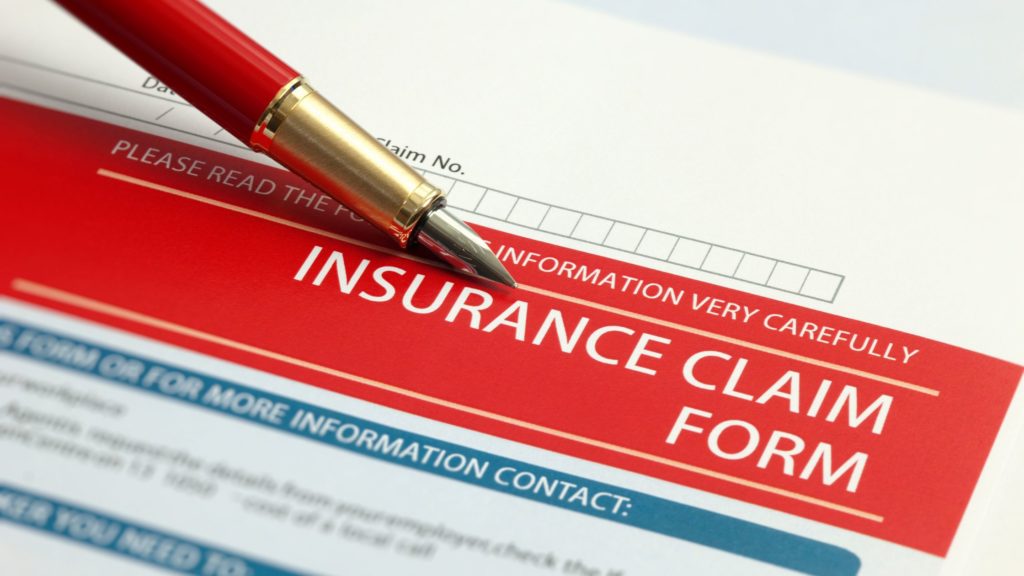Common Insurance Claim Mistakes | Five Mistakes to Avoid While Claiming Insurance
Insurance
 by Priyadarshini
20 July 2022
by Priyadarshini
20 July 2022
Nothing is more stressful than having to interrupt your vacation to file a travel insurance claim. Perhaps this is why so many travellers make mistakes and have their claims denied? In any case, we’re here to assist you in avoiding those common blunders. Read this blog, to know common insurance claim mistakes and how you can avoid them.
Going through the fine print of an insurance policy can be a daunting task, especially when you’re getting ready for a vacation. One of the most common mistakes people make when submitting a travel insurance claim is leaving it unread. But that’s only the beginning.
Common Insurance Claim Mistakes
Documentation
When it comes to providing supporting documentation, there are two main types of errors that people make: submitting the wrong documents and not having the required documents. Every travel insurance claim will necessitate the submission of supporting documentation. This could include your travel itinerary, tickets, reservations, police reports (in the event of an accident or theft), and even medical bills and reports. Depending on the nature of your claim, your insurer may require you to submit certain proofs. It is critical that you submit the correct documents.
One of the most common mistakes people make with documents is failing to save them. Saving bills, receipts, prescriptions, and other important documents while travelling is the last thing on anyone’s mind. But believe us when we say it’s probably the most important thing you can do. You never know when you’ll need to submit a claim and the supporting document is that discarded bill.
Fabrication or overclaiming
Insurance fraud is the fabrication of a loss or the claim of more than the actual loss. You might think it’s unusual. However, many people add a few dollars to a claim in the hope that they will not be caught. Claim investigators are trained to verify the legitimacy of every claim. They can easily spot misrepresented facts, which could land you in a lot of trouble, the least of which is a claim denial.
Make certain that the claims you are making, whether for illness, theft, or any other loss, are true and that the amount you are claiming is supported by proof. It’s pointless to try to sneak in a couple of hundred dollars. It will only have an effect on you.
Not understanding the various plan conditions and tiers
Let’s start with the part about the fine print. It’s critical that you read them thoroughly! Every policy has its own set of conditions, and understanding them can mean the difference between your claim being accepted or denied. These restrictions could apply to item value, specific situations, or even medical outbreaks. You can’t always be certain about the limitations because each insurer has its own set of conditions. So, read the fine print and contact your insurance agent if you don’t understand something. The last thing you want is to go to the trouble of filing a claim only to have it denied.
Common Insurance Claim Mistakes – Claiming reimbursement for expenses
Travel insurance is intended to compensate you for financial losses caused by insured events. You cannot file a travel insurance claim if you have already been reimbursed for a loss by the selling party. This is true whether the reason is insured or not.
It’s too late now!
Again, we see two common issues: starting your coverage late and filing a claim late. It’s common for people to believe that they only need coverage from the day they arrive at their destination. However, a lot can happen while you’re on the road. If you aren’t insured for those dates as well, you could face significant losses if something goes wrong.
So, always buy travel insurance a few weeks before your trip so that you’re covered for “travel agency bankruptcy” and medical expenses if you’re in an accident on the way to the airport (some insurers do cover that). You can also claim for unused hotel and planned trip expenses if something happens a few days before the trip that forces you to cancel the trip (death of a family member, illness, etc).
When you file a claim, you must do so within a certain time frame. This is typically 30 days after the event. If you do not arrive within that time frame, your claim may be denied. It should be noted that it may be denied even if you apply.
Insurance | Credit Cards | Loans | Banking |




